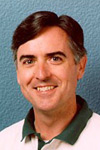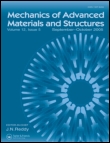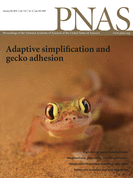
It took five months, but in December a second retraction popped up for disgraced accounting professor James E. Hunton.
Hunton resigned his teaching post at Bentley University in December of 2012. An extensive investigation by Bentley showed that not only was the data in two papers falsified. Hunton also lied about non-existent confidentiality agreements and tried to destroy evidence of his lies by unsuccessfully wiping his laptop and changing metadata on files.
The first paper Hunton was accused of faking, ironically about accounting fraud, was retracted in 2012.
Here’s the notice for “The relationship between perceived tone at the top and earnings quality”: Continue reading Second retraction appears for former accounting professor James Hunton








